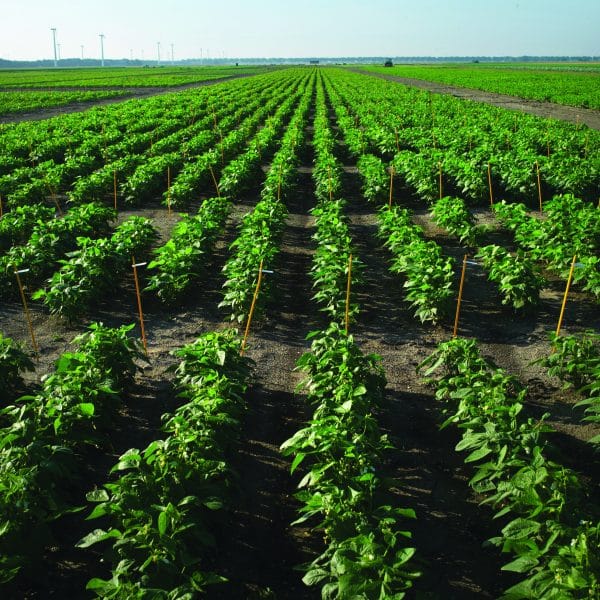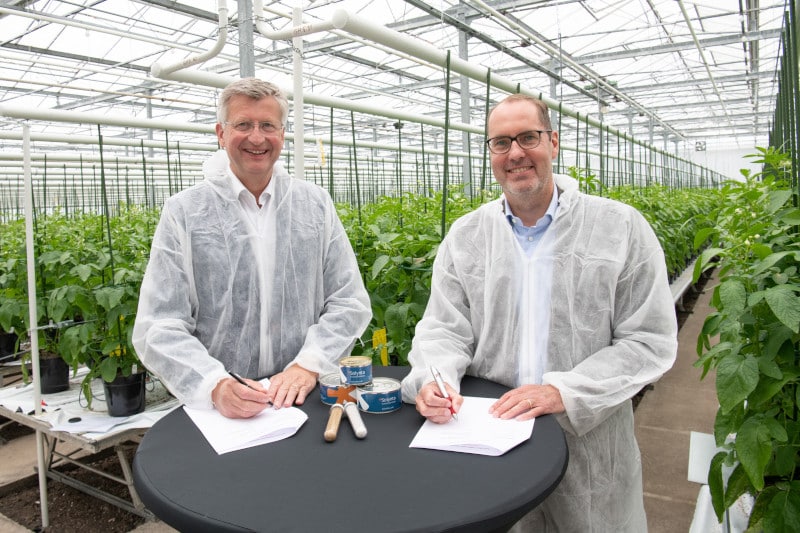“Plant breeding makes an important contribution to sustainable and careful agriculture: Innovative varieties bring more yield, higher quality of food and protect the environment,” said Michael Gohn, chairman of Saatgut Austria on the World Intellectual Property Day on 26 April. “New and improved qualities of the varieties are the basis for high quality food and feed. This enormous benefit of plant breeding requires the protection of intellectual property through plant variety protection. This protects the intellectual property of plant breeders while ensuring breeding progress. As a result, the innovative strength of plant breeders and the seed industry will be maintained in the future,” says Gohn. “This contributes to biodiversity and diversity in the supermarket shelf.”
For example, the increased yield prevents habitats and natural areas from having to be converted into arable land due to the increased demand for land. Specific varietal characteristics such as tolerance to various plant diseases also contribute to reducing the use of pesticides in agriculture. At the same time, innovative varieties allow reduced financial and infrastructural costs for farmers. Michael Gohn stresses, however, that “in addition to the protection of intellectual property, a corresponding compensation for the breeding work by the purchase of Z-seed is necessary. Because it is above all the small, regionally-rooted breeders who promote the breeding of geographically less significant crops,” says Gohn.
Soy and potato: Diverse desires of consumers
The plants adapt to the requirements of a changing environment and make a significant contribution to better quality and higher yields, and thus also to mastering global challenges. “The domestic breeders are currently highly successful, especially in the soybean breeding: Five of the eight newly approved varieties in Austria were bred in Austria, so there are already 16 Austrian varieties available – guaranteed GMO-free,” emphasizes Gohn. Potato has also achieved important breeding successes in recent years. ” There are an estimated 40 characteristics or characteristics of different importance that need to be considered in breeding. These include pulp color, shape or a low content of reducing sugars in potato chips and fries. And the farmer demands high yields and good quality as well as resistance,” says Gohn.
Source: Saatgut Austria











